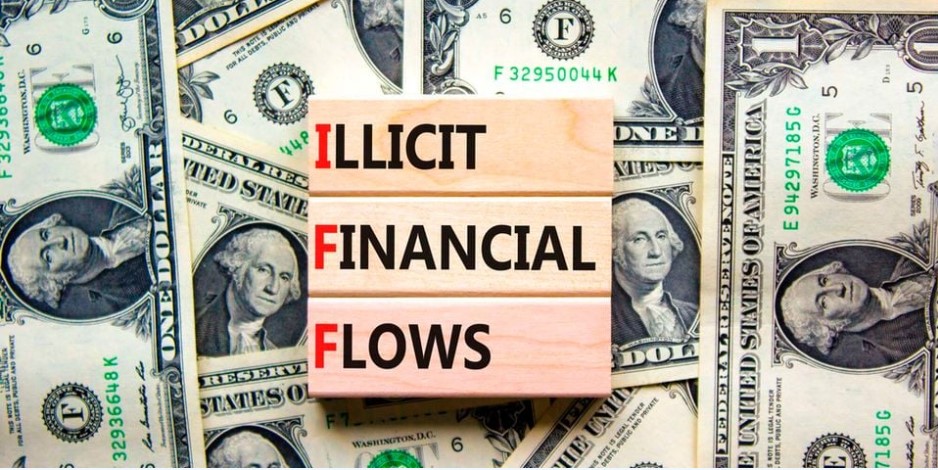How Africa Loses Over $300 Billion Annually in Illicit Financial Flows
Monday, October 07, 2024
Illicit financial flows (IFFs) continue to drain Africa’s economy, with estimates suggesting the continent loses over $300 billion annually due to illegal financial activities. These IFFs include tax evasion, corruption, money laundering, and illegal transfers of wealth, primarily carried out by multinational corporations, corrupt officials, and organized crime. The impact of these outflows is severe, as they erode African economies, hinder development, and exacerbate poverty.
1. Tax Evasion and Trade Mispricing
One of the main channels of IFFs is trade mispricing or transfer pricing, where multinational companies manipulate invoices and pricing of goods to shift profits to low-tax jurisdictions. This practice allows them to avoid paying fair taxes in African countries where they operate, draining significant resources from government revenue. According to estimates, Africa loses billions annually from tax evasion by global corporations.
2. Corruption and Embezzlement
Corruption among high-ranking officials also plays a major role in Africa’s financial losses. Bribery, kickbacks, and the embezzlement of public funds divert resources meant for public services, such as healthcare, education, and infrastructure. This not only deprives citizens of essential services but also weakens the institutions meant to hold such activities accountable.
3. Illicit Trade and Natural Resources Exploitation
Africa’s vast natural resources, including oil, minerals, and precious metals, are often extracted through illegal means, with proceeds funneled out of the continent. The illegal exploitation of natural resources accounts for a large portion of IFFs, with under-reported and undeclared exports causing huge revenue losses for African governments. Illegal trade in diamonds, gold, and other precious minerals has long been an avenue for organized crime and exploitation, further siphoning wealth away from African countries.
4. Money Laundering and Capital Flight
Another aspect of IFFs is money laundering, where illicitly acquired funds are disguised as legitimate wealth through complex financial transactions. Capital flight—both legal and illegal—further drains African economies as wealthy individuals and corporations transfer funds out of Africa to foreign accounts, often in tax havens. This deprives African nations of critical investment that could have been used to develop infrastructure, create jobs, and build stronger economies.
5. Weak Regulatory Frameworks
The lack of strong financial regulation and governance in many African countries creates loopholes that enable IFFs. Corruption within institutions responsible for monitoring financial activities, coupled with limited resources to enforce anti-money laundering policies, contributes to the unchecked flow of illicit funds out of the continent. Global financial institutions also play a part, as they often facilitate these transactions by providing safe havens for illicit funds.
6. Impact on Development
The consequences of IFFs are dire for Africa’s development. With over $300 billion annually leaking out of the continent, governments are left with fewer resources to invest in infrastructure, healthcare, education, and poverty reduction programs. This exacerbates inequality and leaves Africa dependent on foreign aid, which is often insufficient to meet the continent’s development needs. Additionally, the loss of capital limits Africa’s capacity to invest in sustainable industries, hampering long-term economic growth.
Conclusion
Addressing illicit financial flows is critical to Africa’s economic future. Strengthening regulatory frameworks, enhancing transparency in natural resource management, and working with international partners to crack down on tax evasion and money laundering are key steps needed to curb IFFs. African governments and global organizations must prioritize stopping the illicit outflow of wealth if the continent is to achieve sustainable development and unlock its full potential. (theeastafrican.co.ke)
